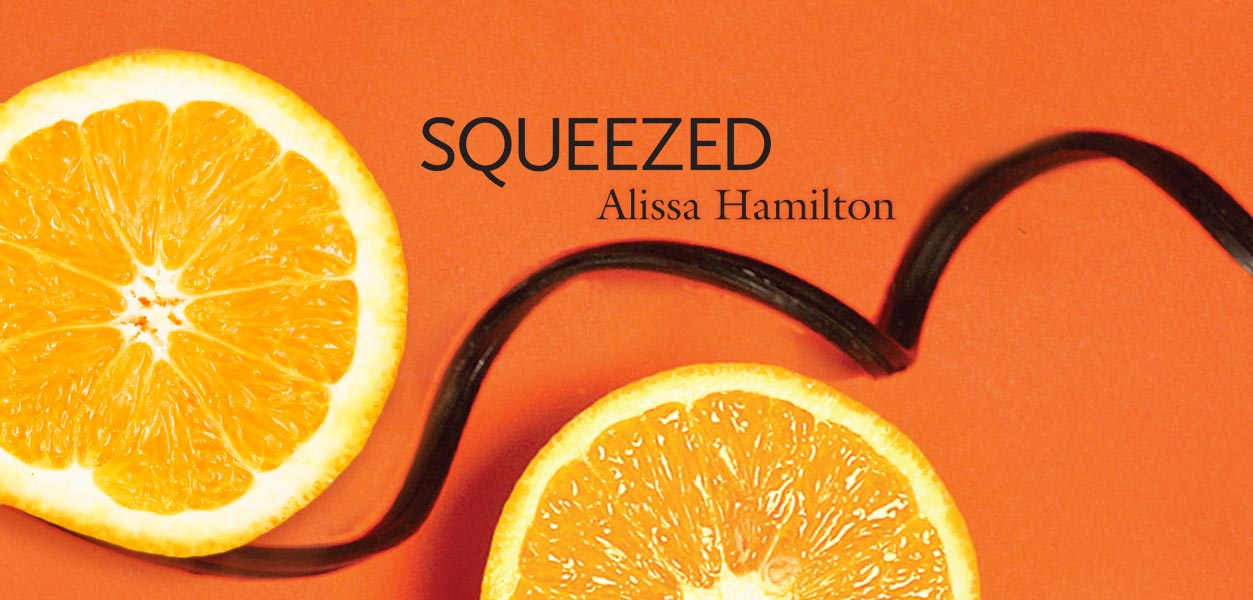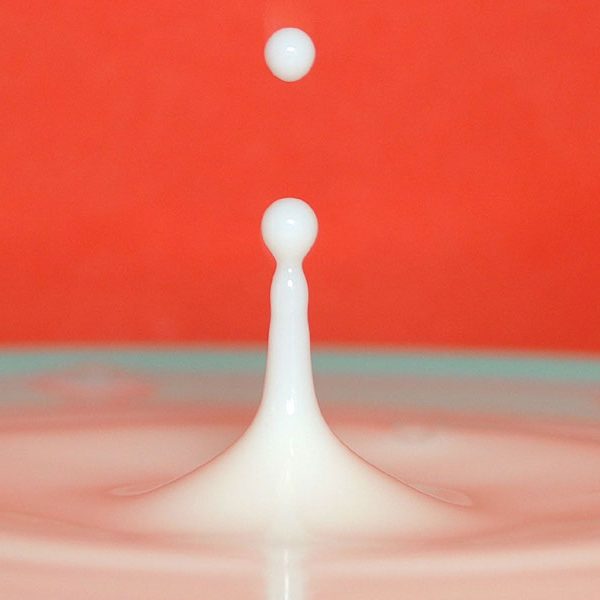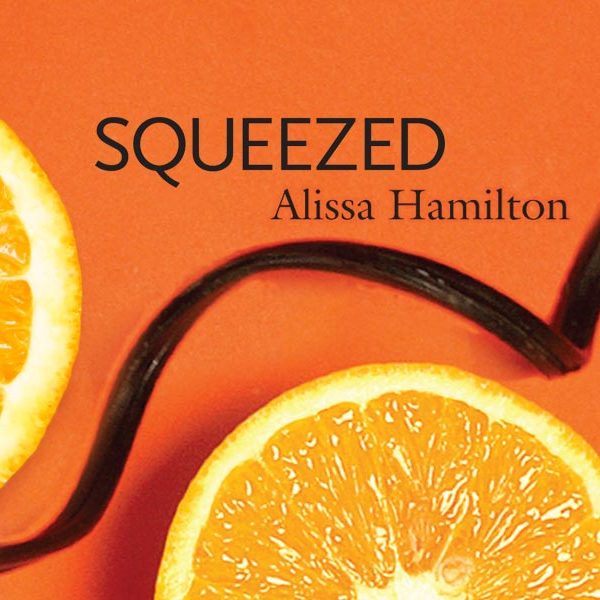That not-from-concentrate orange juice? It’s not so good for your budget
The following article by John Ewoldt originally appeared in the Minneapolis Star Tribune:
The orange juice industry is picking an extra dollar from your grocery budget, and you probably feel good about it. But you shouldn't.
If you've recently switched to orange juice labeled "not from concentrate" (NFC), you've been picked like low-hanging fruit.
In Alissa Hamilton's book Squeezed: What You Don't Know About Orange Juice from Yale University Press, she says that people looking for fresher, less processed foods won't find it in a carton of Minute Maid Premium, Tropicana or Simply Orange.
"It's a misconception that it's freshly squeezed from the groves of Florida," she said.
Rather, it's often a heavily processed product. In the pasteurization process, it's heated, stripped of oxygen and flavor chemicals, then put in huge storage vats for up to a year. When it's ready for packaging, flavor derived from orange essence and oils is added to make it taste fresh. Each company has its own special flavor pack, but to call it natural at this point is a real stretch, she said.
The phrase "not from concentrate" came about when Tropicana (an NFC juice) suddenly had to compete with similar looking cartons that were reconstituted from concentrate. The phrase was introduced to try to make consumers pay more for a product that is more expensive to manufacture but not fresher, said Hamilton. Orange "flavor" isn't listed on the label ingredients because that disclosure isn't required.
We decided to try a blind, unscientific taste test to see if people could pick out freshly squeezed from "not from concentrate." I chose Lunds/Byerly's freshly squeezed, unpasteurized juice and placed it unmarked alongside NFC store brands from Aldi, Cub, Rainbow and Trader Joe's. I chose the store brands because they're about 20 percent cheaper than name brands from Coca-Cola (Simply Orange and Minute Maid) and Pepsi (Tropicana). One easy way to know that "not from concentrate" isn't fresh from the groves is cartons with a freshness date 45 to 60 days away. Lunds' freshly squeezed juice should be used within a week of purchase, said a Lunds produce manager.
Six of the eight testers rated Lunds' OJ the winner. Fresh doesn't come cheap, though. At $7 for 48 ounces, it's about 14 cents an ounce. Cub's NFC came in second, and Trader Joe's and Aldi tied for third. If you're trying to save money, Aldi's Nature's Nectar in the clear jug is the cheapest at about 4.5 cents per ounce, followed by Trader Joe's.
But if you start your day with a glass of OJ, you'll probably get as much freshness from frozen concentrate, or concentrate in a carton, as the more expensive "not from concentrate."
Say it ain't so, Bing Crosby.




Great post. I’ve always wondered about this. Marketing at its best aimed right at the consumable consumer.
What about the level of nutrients in Minute Maid/Tropicana vs freshly squeezed? Is there a significant difference?
Lunds’ freshly squeezed juice should be used within a week of purchase, said a Lunds produce manager.
which is better for you concentrate or not from concentrate? is there a nutrients difference when the solvent gets taken out from the natural orange juice?thats what i dont understand is there a big difference apart from the mixture of it
NFC “more expensive to manufacture” (than reconstituted from concentrate)? It’s harvested!
There’s an other myth from the industry.
I squeeze my own oranges, thank you very much!
This is a real eye opener and we the people should not put up with this kind of deception. I’m healing myself from cancer through nutrition and fell for the stupid “not from concentrate”. Not having fresh juice could mean the difference of surviving cancer or not. No one should have the right to deceive people when it comes to food they and their children are ingesting.